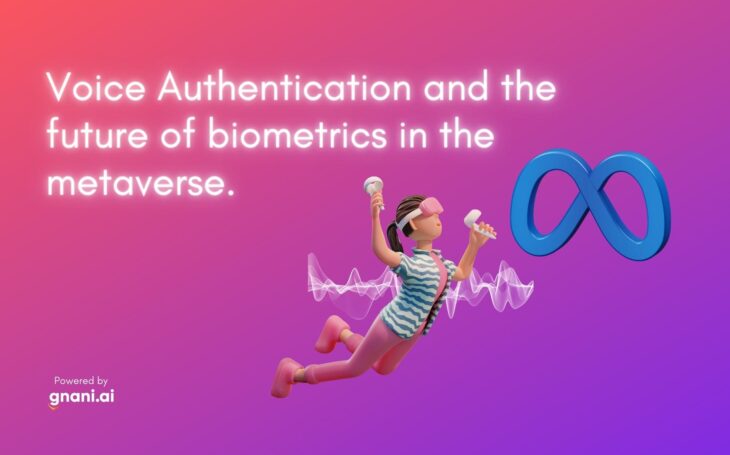
There’s no doubt that biometrics is the future of authentication. They’re more secure than passwords, and they can’t be lost or forgotten. But what about voice authentication?
Voice recognition is one of the oldest forms of biometrics, but it’s only recently that it’s become accurate enough to be used for security purposes. And with the rise of virtual reality and the metaverse, voice authentication is set to become even more important. It will play a significant role in biometric security within the metaverse. This is because voice recognition is a more secure and accurate form of authentication than traditional methods such as passwords and facial recognition.
So what is voice authentication, and how does it work?
Voice authentication is a form of biometric authentication that uses your voice to verify your identity. It works by comparing your voiceprint to a database of known voices, and if there’s a match, you’re authenticated.
There are a few different ways to do voice authentication, but the most common is through speaker recognition. This is where your voice is recorded and then compared to a database of known voices. If there’s a match, you’re authenticated.
Voice authentication is more accurate than passwords, and it’s more secure. That’s because your voice is unique to you, and it’s very difficult to replicate. Voice authentication is also more convenient than passwords because you don’t have to remember anything. You just speak into the microphone and you’re authenticated.
So what does the future hold for voice authentication?
Well, with the rise of virtual reality and the metaverse, voice authentication is set to become even more important. In the metaverse, your voice will be your primary means of identity verification. That’s because the metaverse is a virtual world, and in a virtual world, your voice is the only thing that can truly identify you.
Is there any progress reported at present?
Yes, and it’s being used in mainstream applications too. It has gained enough importance for its capabilities that it is being used by high-risk institutions like banks and other financial transaction platforms. Metaverse has enough user data now that it can be a potential target too for people who wish to get access to your personal data. Hence, it has become necessary to. There are several ways in which voice authentication can be implemented in the metaverse. For example, it can be used to log in to virtual worlds and social media platforms. It can also be used to verify the identity of users during financial transactions. In addition, voice authentication can be used to control access to sensitive data and applications.
Voice authentication is already being used in a number of different ways. For example, Facebook recently announced that it would be adding voice authentication to its Messenger app. This will allow users to log in to their accounts with just their voice. In addition, banks are starting to use voice recognition as a way to verify the identity of customers during financial transactions.
So if you’re interested in the future of biometrics, keep an eye on voice authentication. It’s set to become the primary means of identity verification in the virtual world.
How do you predict voice authentication being integrated into metaverse in the future? Tell me about your ideas below!




